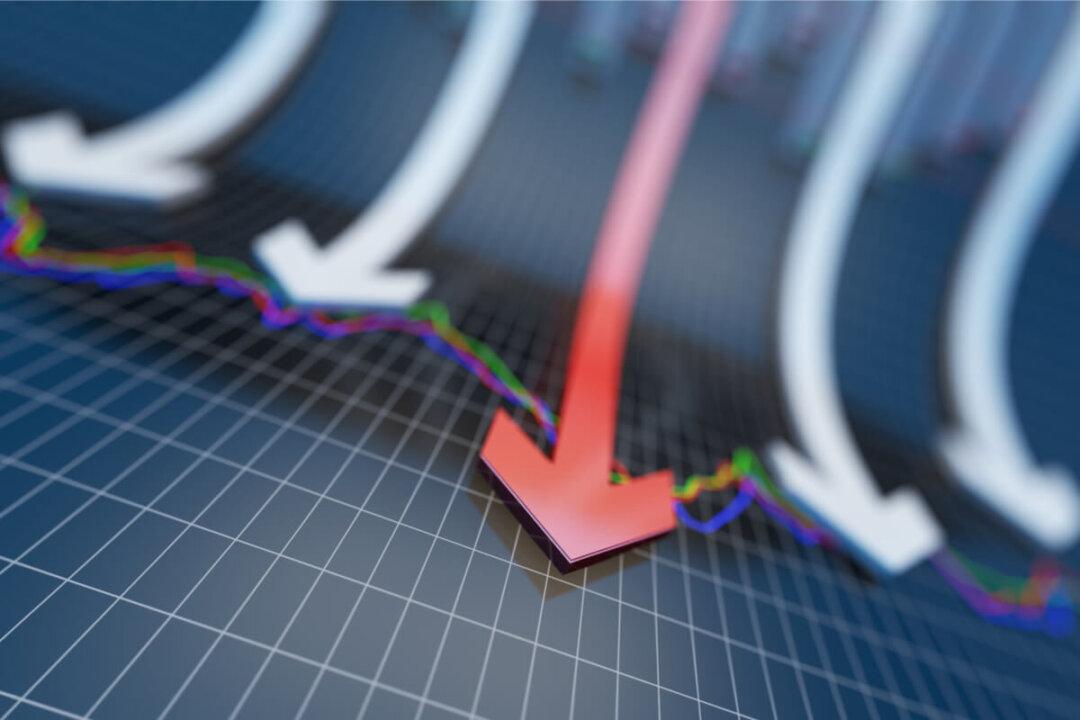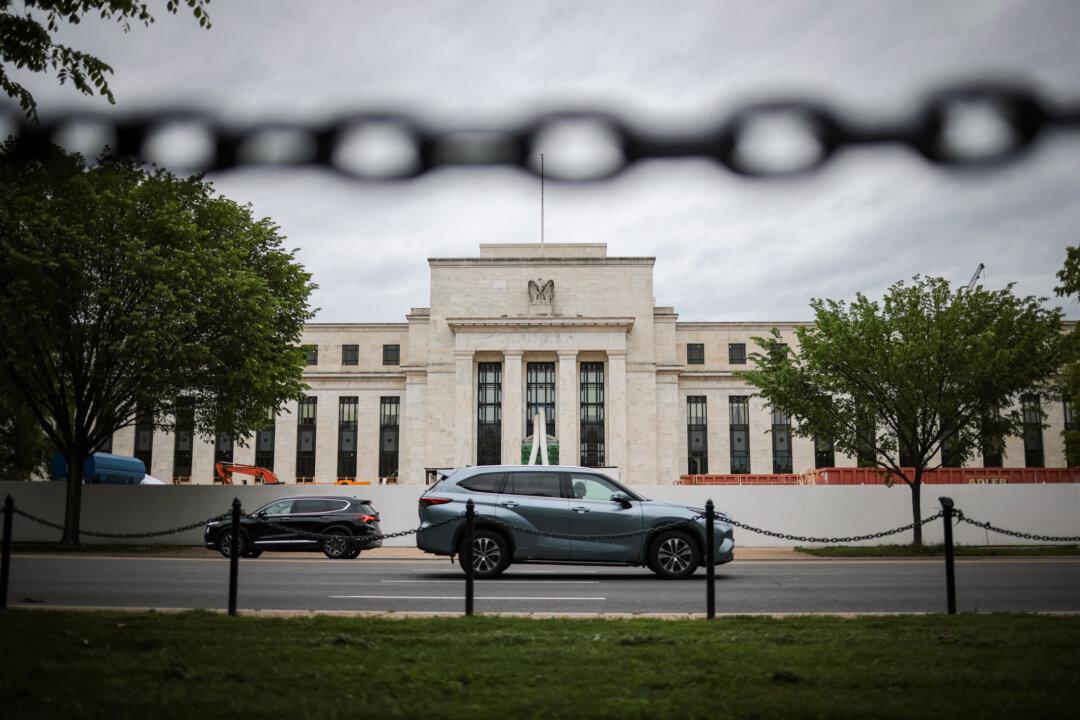Commentary
India’s stock market cap recently became the fifth largest in the world, surpassing Hong Kong’s. This looks unbelievable at first glance, given India’s developing impression to many of us. But even as emerging as Jakarta could have an IPO amount exceeding Hong Kong, then one should seriously rethink something that is changing structurally. More generally, the capital outflow from China and Hong Kong has been crystally clear: All neighbouring stock markets performed well (or not bad) except these two, which were confined to a downtrend.
The accompanying chart compares China and India stock indexes: the two series look commoving, but pay attention that one of them (the China one in red on the left scale) is reversed. The story was not like this prior to 2021. In 2021 and 2022, the two generally moved opposite to each other (so that they look commoving in this chart), but there were still short-term discrepancies observed. From 2023, however, such opposite movements became more tightly correlated, suggesting a much stronger capital relocation from one to another.





